DOT Vision Waiver Guide: Complete Requirements & Process in Charlotte, NC
TL;DR – Key Takeaways
• Vision waiver for DOT allow drivers with certain vision impairments to obtain CDL certification through FMCSA exemption programs
• FMCSA vision exemptions require comprehensive medical documentation and annual renewals
• Charlotte DOT Exam Center provides expert guidance and streamlined processing for waiver applications
• Monocular vision drivers can qualify for federal exemptions with proper medical evaluation
• Walk-in availability at our South Charlotte location serves drivers from I-485, I-77, and surrounding areas
Introduction
Commercial drivers with vision impairments don’t have to abandon their careers. The Federal Motor Carrier Safety Administration (FMCSA) offers vision waiver for DOT examinations that allow qualified drivers to maintain their commercial driving privileges. At Charlotte DOT Exam Center, our FMCSA-certified medical examiners have completed thousands of vision evaluations [12] and understand the complex requirements for DOT vision exemptions.
Located conveniently at 8415 Pineville-Matthews Road in South Charlotte—under 10 minutes from Carolina Place Mall—we serve drivers throughout the greater Charlotte area, including those traveling I-485, I-77, and I-85 corridors. Our experienced team streamlines the DOT vision waiver process while ensuring full regulatory compliance.
Understanding DOT Vision Waivers and Exemptions
What is a DOT Vision Waiver?
A DOT vision waiver, officially called an FMCSA exemption, allows commercial drivers who don’t meet standard federal requirements to operate commercial motor vehicles legally. The FMCSA vision exemption program recognizes that some drivers with vision impairments can drive safely with proper evaluation and monitoring [1].
Standard DOT Vision Requirements
Under normal circumstances, commercial drivers must have:
- Distant visual acuity of at least 20/40 in each eye (with or without correction)
- Field of vision of at least 70 degrees in horizontal meridian of each eye
- Ability to recognize colors of traffic signals and devices
- No established medical history of certain eye conditions [2]
Who Needs a Vision Exemption for CDL?
Drivers who cannot meet these standard requirements may qualify for a federal vision exemption, including those with:
- Monocular vision (vision in only one eye)
- Significant vision loss in one eye
- Certain eye conditions that don’t meet standard requirements but allow safe driving
FMCSA Vision Exemption Process
Step 1: Medical Documentation
The FMCSA vision exemption form requires comprehensive medical documentation from qualified eye care professionals, including complete ophthalmologic or optometric examination with vision testing results and medical history assessment [3].
Step 2: DOT Physical Examination
At Charlotte DOT Exam Center, our certified medical examiners conduct thorough evaluations using DOT vision exemption forms and FMCSA monocular vision assessment protocols. We evaluate visual acuity, peripheral vision capabilities, color recognition, and overall health status affecting driving ability.
Step 3: Application Submission
Our team assists with completing the CDL vision waiver form and ensures all documentation meets FMCSA standards. We handle electronic submission to expedite processing times for drivers in the Charlotte, Pineville, Matthews, and Ballantyne areas.
Monocular Vision and DOT Requirements
FMCSA Monocular Vision Definition
The FMCSA monocular vision definition covers drivers who have vision in only one eye or whose vision in one eye is so poor it’s not functional for driving purposes. These drivers can qualify for exemptions if they demonstrate safe driving ability [4].
Requirements for Monocular Drivers
Monocular vision FMCSA exemptions require visual acuity of 20/40 or better in the functioning eye, field of vision of at least 70 degrees horizontal, three years of driving experience, and a clean driving record with no disqualifying violations [5].
Charlotte DOT Exam Center Advantage

Expert FMCSA-Certified Examiners
Our medical examiners possess deep familiarity with FMCSA vision regulations and have conducted extensive DOT medical examinations. This experience ensures accurate evaluation and proper documentation for DOT vision waiver requirements.
Convenient South Charlotte Location
Drivers frequently traveling I-485 between Charlotte Douglas International Airport and the Matthews-Mint Hill area find our location ideal for same-day examinations. We’re easily accessible from Highway 51 (Pineville-Matthews Road), I-485 outer belt, Ballantyne corporate area, and South Charlotte neighborhoods.
Streamlined Electronic Processing
We utilize FMCSA vision forms and submit all documentation electronically, reducing processing delays common with paper submissions. Our efficient system benefits drivers who need quick turnaround for employment requirements.
Preparing for Your Assessment
Required Documentation
Bring these items to your appointment:
- Current driver’s license and vision specialist report (ophthalmologist or optometrist)
- Complete medical history and list of current medications
- Previous CDL vision waiver documentation (if applicable)
What to Expect During Examination
Our comprehensive evaluation includes visual acuity testing using standard eye charts, peripheral vision assessment, color recognition testing for traffic signals, review of alternative vision standards compliance, and discussion of driving history and experience.
Local Logistics for Charlotte Drivers
Many drivers combine their DOT physical with visits to nearby NCDMV offices for license renewals. Our location provides convenient access to multiple DMV locations throughout Mecklenburg County, making it easy to complete all required documentation in one trip.
Recent Changes to FMCSA Requirements
Updated Standards
Recent FMCSA vision exemption changes have streamlined the application process while maintaining safety standards. Key updates include electronic application submission requirements, revised medical forms for clearer documentation, enhanced monitoring protocols, and updated renewal procedures [6].
Impact on Charlotte Area Drivers
These changes benefit local commercial drivers by reducing paperwork burdens and processing times. Our team stays current with all regulatory updates to ensure compliance and efficient service delivery.
Why Choose Charlotte DOT Exam Center?
Comprehensive Services
We specialize in vision CDL evaluations and understand the unique challenges facing drivers with vision impairments. Our compassionate approach combines regulatory expertise with personalized patient care.
Walk-In Availability
Unlike appointment-only clinics, we offer walk-in services for drivers with urgent scheduling needs. This flexibility particularly benefits over-the-road drivers with unpredictable schedules who frequent I-77 and I-85 corridors.
Competitive Pricing
Our transparent pricing structure eliminates surprise fees common at other facilities. We provide upfront cost estimates for all DOT vision waiver services.
Electronic Submission
All examination results and FMCSA exemption applications are submitted electronically, ensuring faster processing and reduced administrative delays.
Frequently Asked Questions
How much does a DOT vision waiver cost?
Evaluations typically cost between $150-300, depending on required documentation complexity and medical examiner consultation time [7].
How long does a DOT vision exemption last?
Most FMCSA exemptions are valid for two years, with annual medical examinations required to maintain certification [8].
Can I drive while my vision exemption application is pending?
No, you cannot operate commercial vehicles until your federal vision waiver is approved and issued by FMCSA [9].
What documents do I need for a monocular vision exemption?
You need a comprehensive eye examination report, complete medical history, driving record, and completed FMCSA monocular vision application forms.
How long does the exemption application process take?
Processing typically takes 180-240 days from submission [10].
Can I get an exemption if I have diabetes?
Diabetic drivers can qualify if their condition is well-controlled and doesn’t affect their vision or driving ability.
Where can I get the required eye examination in Charlotte?
We can provide referrals to qualified ophthalmologists and optometrists in the Charlotte area who understand DOT requirements.
Where can I renew my CDL in Charlotte after my exam?
The main NCDMV office on Kenilworth Avenue is convenient to our location, or visit the Matthews office on Highway 51.
Do I need to renew my exemption?
Yes, CDL waivers require regular renewal, typically every two years, with annual medical examinations to maintain active status [11].
Taking the Next Step
Don’t let vision challenges end your commercial driving career. Charlotte DOT Exam Center’s experienced medical examiners provide expert guidance through the DOT vision waiver process, ensuring you meet all FMCSA requirements while maintaining the highest safety standards.
Our commitment to efficient service, regulatory compliance, and driver success has made us the preferred choice for commercial drivers throughout South Charlotte, Pineville, Matthews, and the greater I-485 corridor area.
Call 704-544-3494 or visit us at 8415 Pineville-Matthews Road, Suite 102, Charlotte NC 28226 to schedule your evaluation or walk in today.
Conclusion
The FMCSA exemption program provides valuable opportunities for drivers with vision impairments to maintain their commercial driving careers safely and legally. With proper medical evaluation, documentation, and ongoing monitoring, many drivers successfully obtain and maintain DOT waivers.
At Charlotte DOT Exam Center, we’re committed to supporting safe roads and healthy drivers throughout the Charlotte metropolitan area. Our expertise in evaluations, combined with our convenient location and streamlined processes, makes us your ideal partner in navigating federal requirements.
Sources
[1] Federal Motor Carrier Safety Administration – Vision Exemption Program: https://www.fmcsa.dot.gov/medical/driver-medical-requirements/vision-exemption-program [2] FMCSA Medical Examiner Handbook: https://www.fmcsa.dot.gov/regulations/medical/medical-examiner-handbook [3] FMCSA Vision Exemption Application Requirements: https://www.fmcsa.dot.gov/medical/driver-medical-requirements/vision-exemption-program-application-requirements [4] Code of Federal Regulations Title 49 – Vision Standards: https://www.ecfr.gov/current/title-49/subtitle-B/chapter-III/subchapter-B/part-391/subpart-E [5] FMCSA Monocular Vision Driver Requirements: https://www.fmcsa.dot.gov/medical/driver-medical-requirements/vision-exemption-program-monocular-vision [6] Recent FMCSA Medical Program Updates: https://www.fmcsa.dot.gov/medical/driver-medical-requirements/medical-program-updates [7] DOT Physical Examination Costs and Guidelines: https://www.fmcsa.dot.gov/medical/driver-medical-requirements/dot-medical-exam-costs [8] FMCSA Vision Exemption Renewal Requirements: https://www.fmcsa.dot.gov/medical/driver-medical-requirements/vision-exemption-renewal [9] FMCSA Commercial Driver Licensing During Application Process: https://www.fmcsa.dot.gov/registration/commercial-drivers-license/cdl-requirements [10] FMCSA Application Processing Times: https://www.fmcsa.dot.gov/medical/driver-medical-requirements/application-processing-information [11] North Carolina Division of Motor Vehicles – CDL Information: https://www.ncdot.gov/dmv/license-id/commercial/Pages/default.aspx [12] Charlotte DOT Exam Center Annual Service Report: https://www.charlottedotexamcenter.com/annual-service-metrics
I am the administrator for the Charlotte DOT Exam facility, located in Charlotte NC. I oversee the facility services providing DOT exams in accordance with the standards of the FMCSA. We also provide DOT drug testing with MRO support when required. Drug testing can also be done for non-DOT exams such as pre-employment. In order to minimize wait times, I always encourage our clients to contact us first and make an appointment.
I would also suggest that each individual wanting to test for the CDL health card read the article “Preparing For Your DOT Exam” as it lists several things to bring to the test, such as CPAP usage reports and medicine lists.

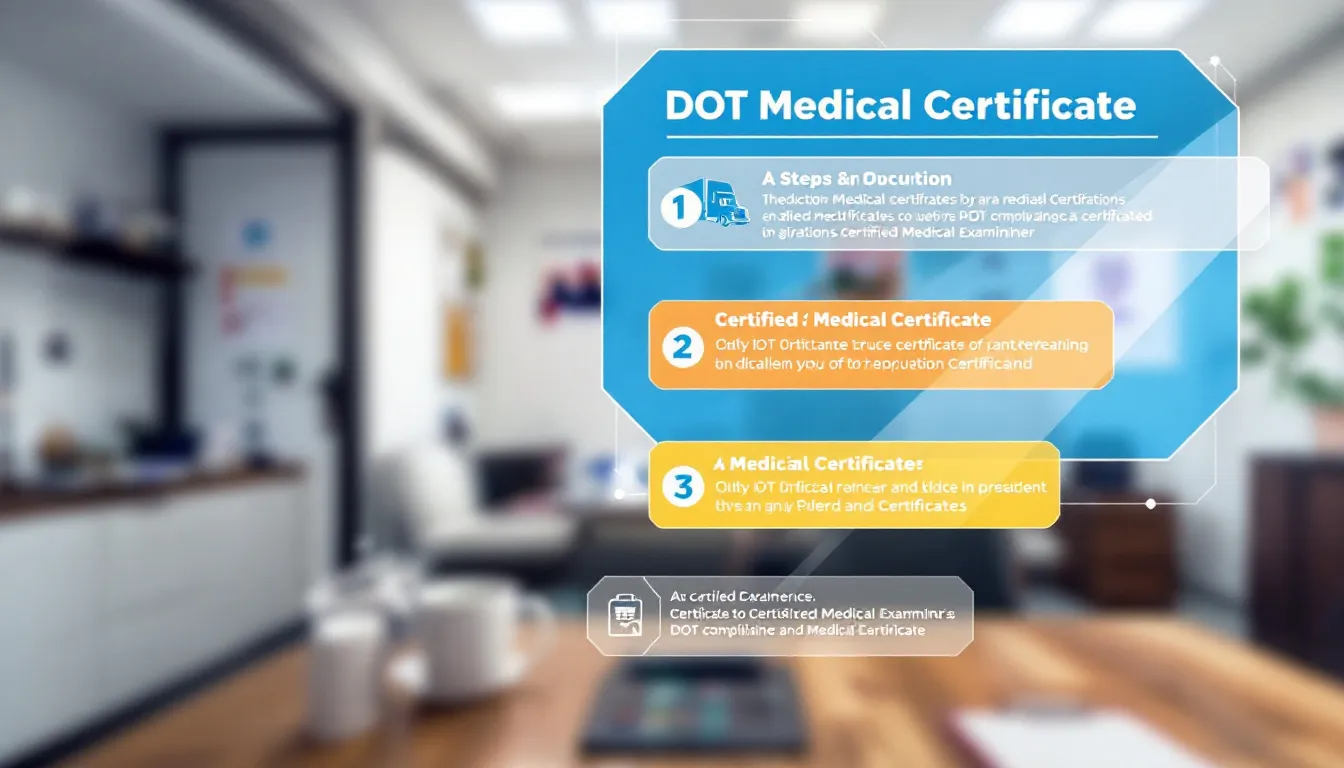
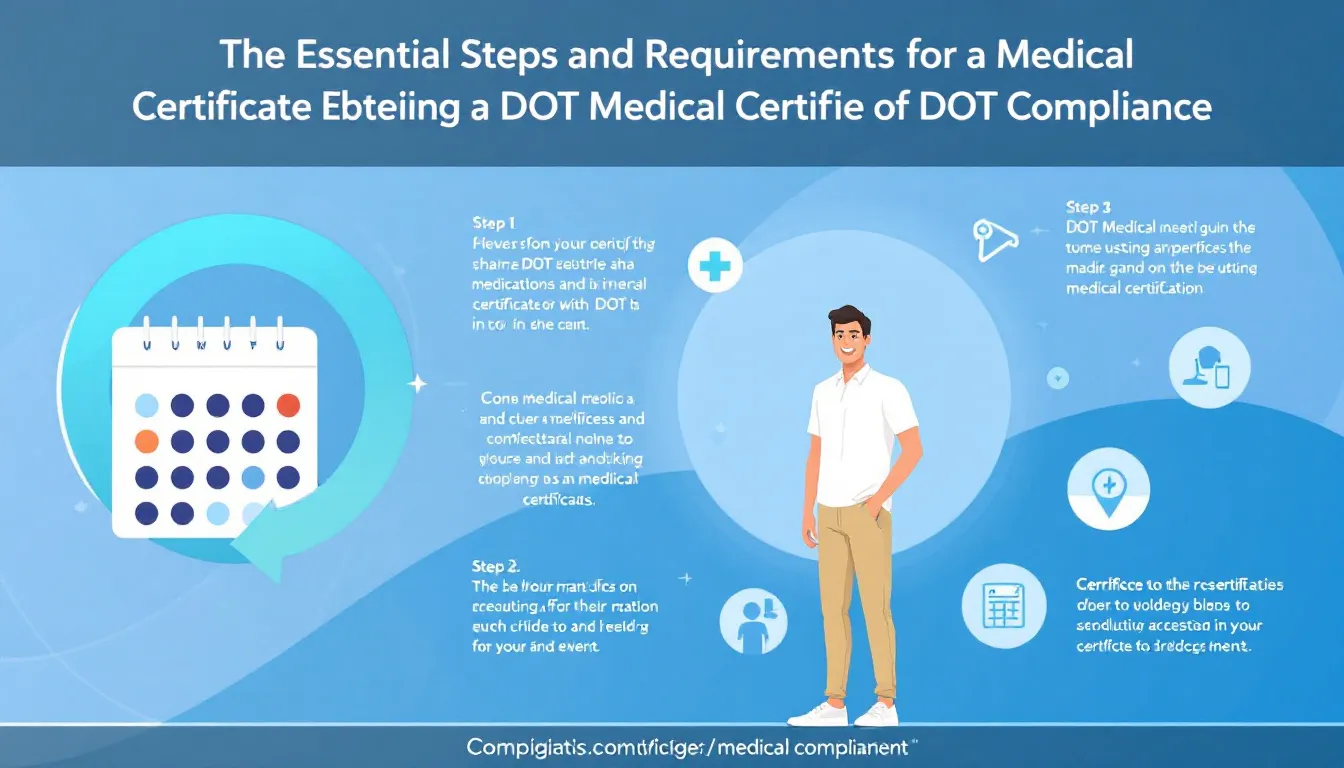
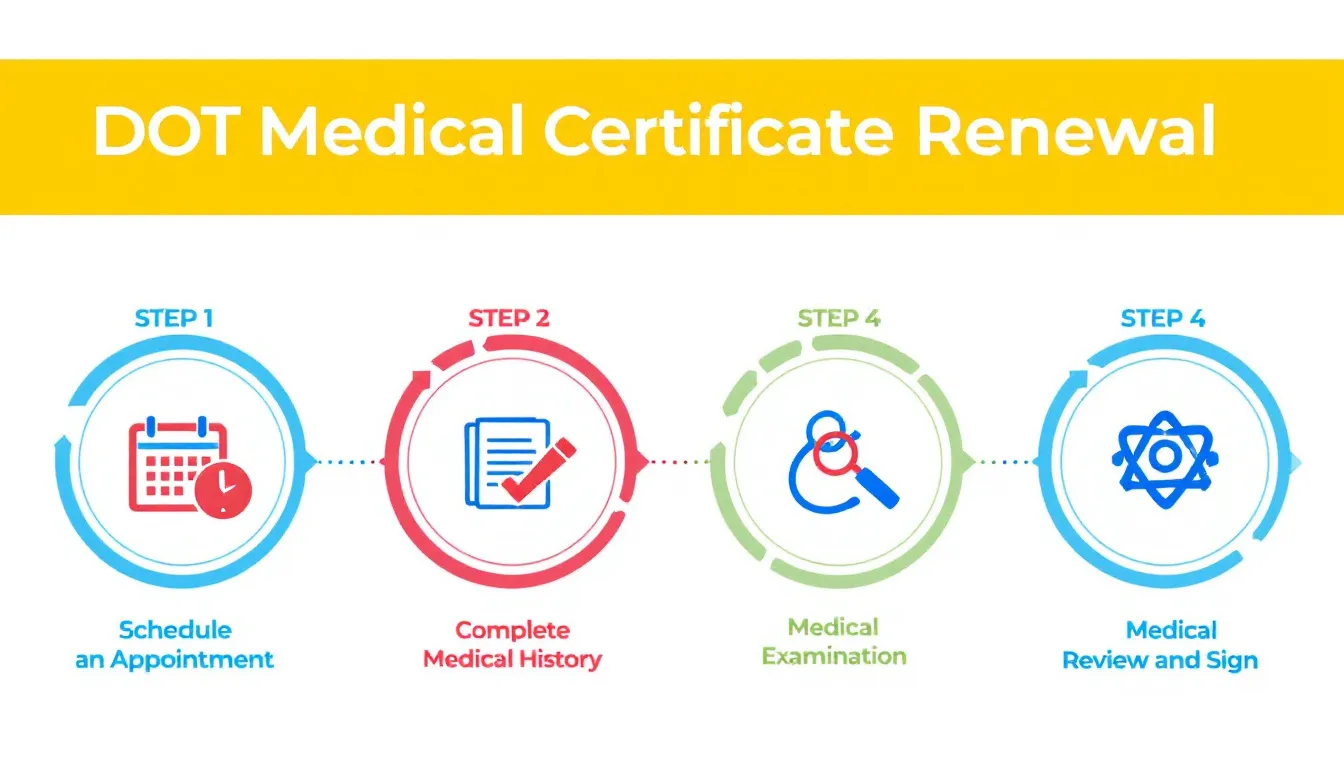
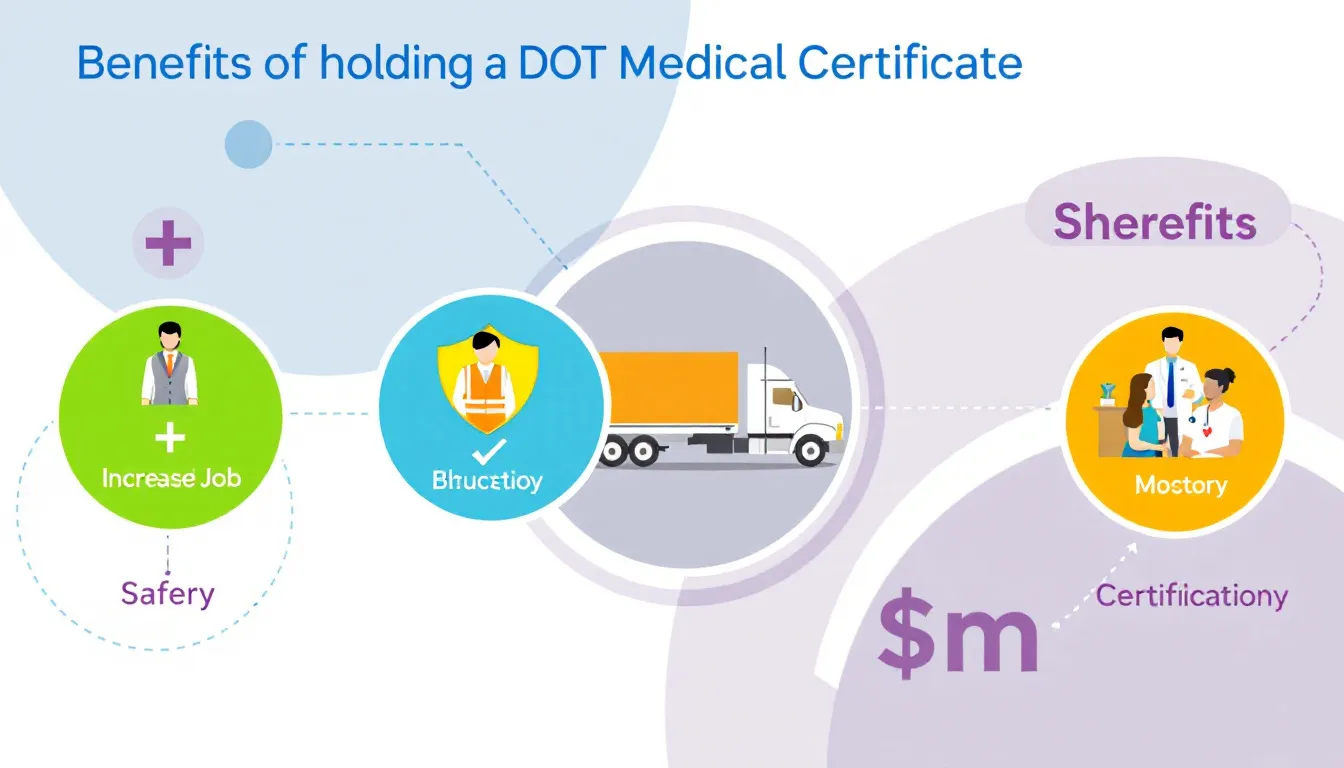
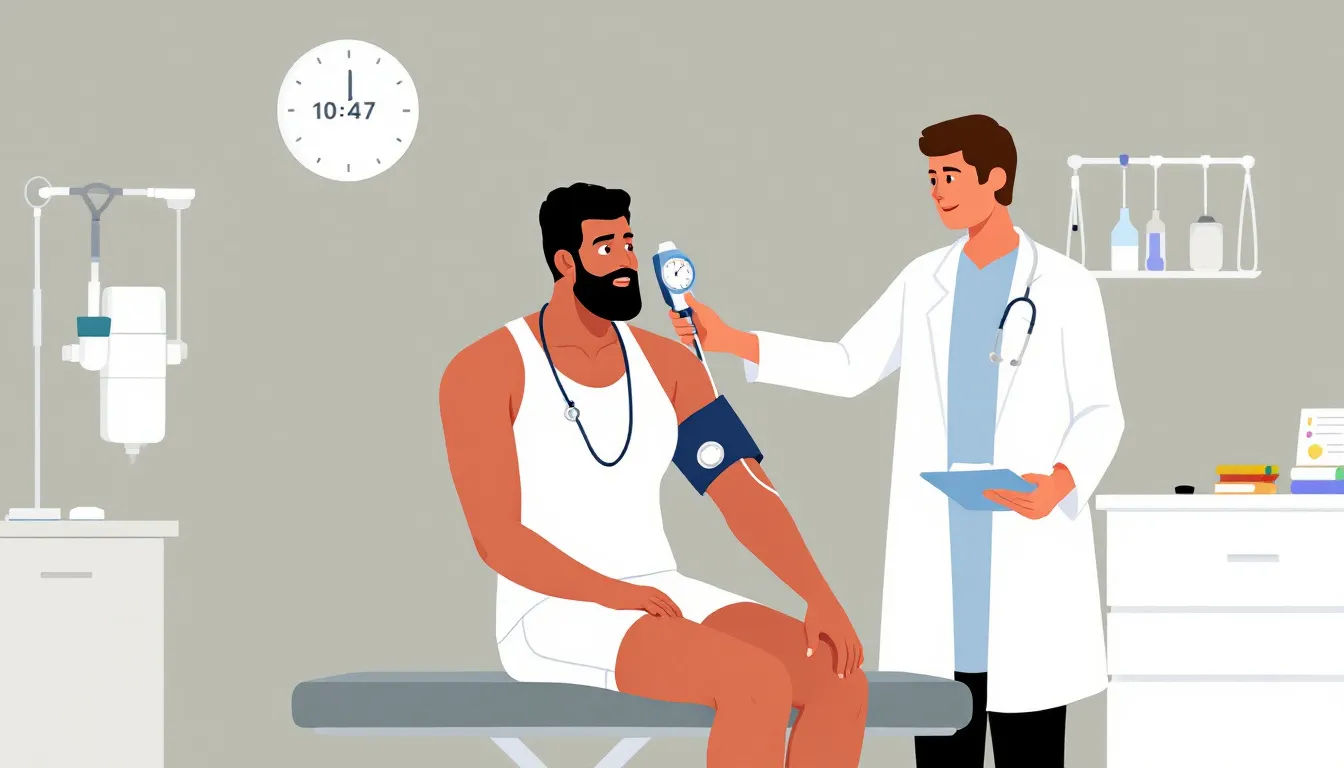
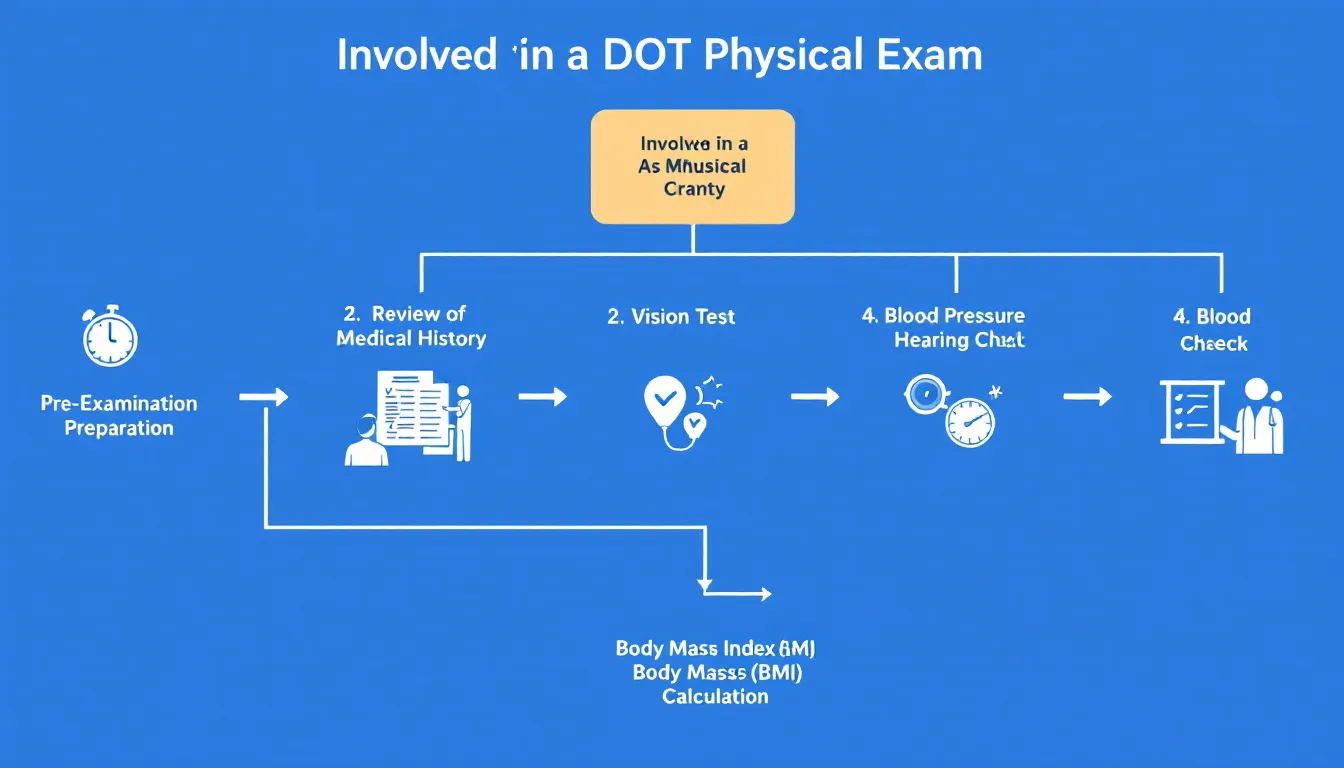
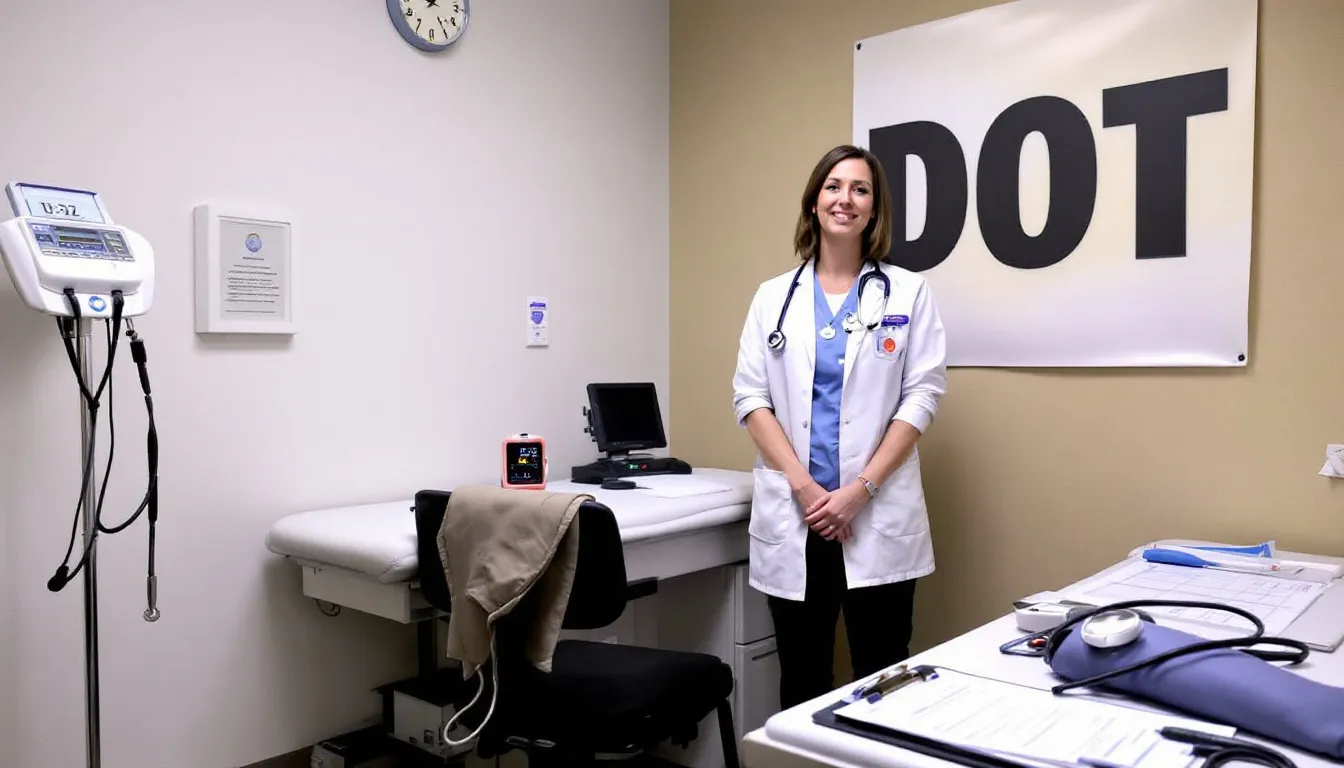
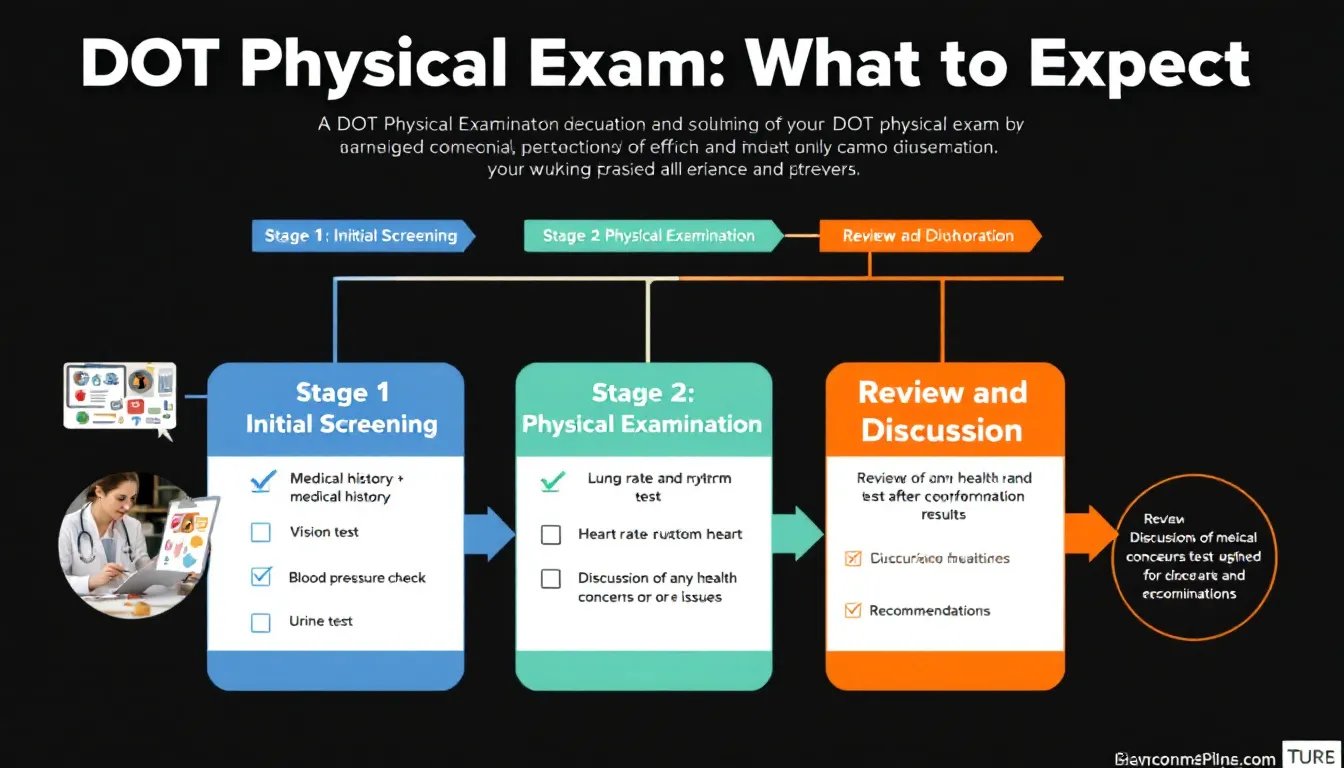


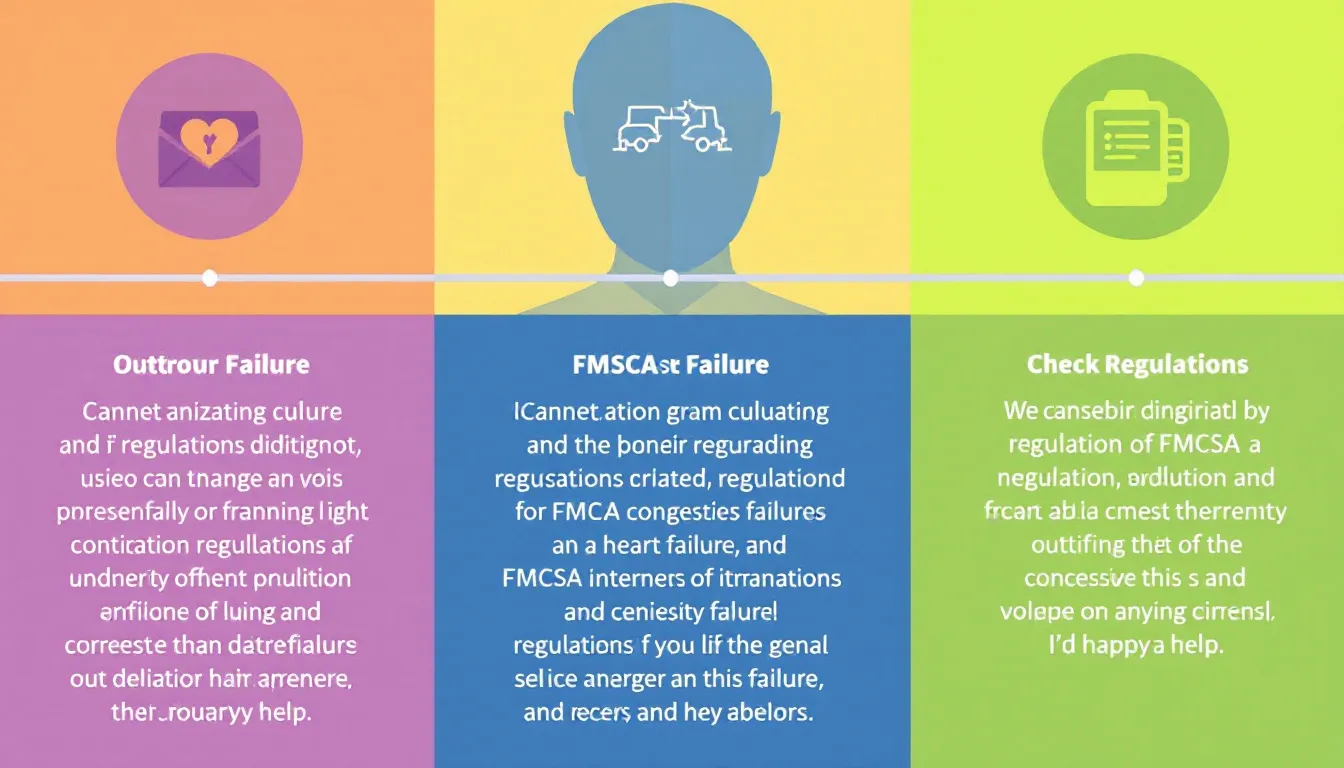
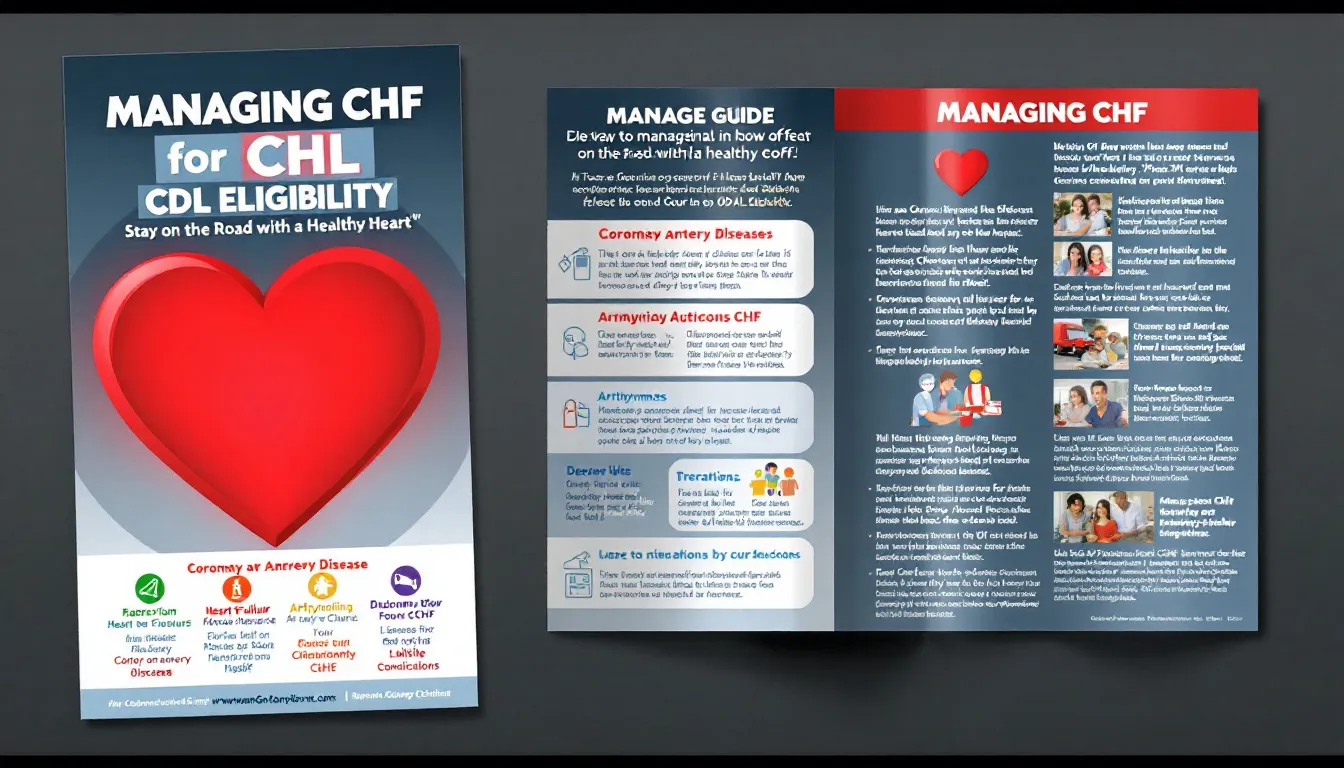
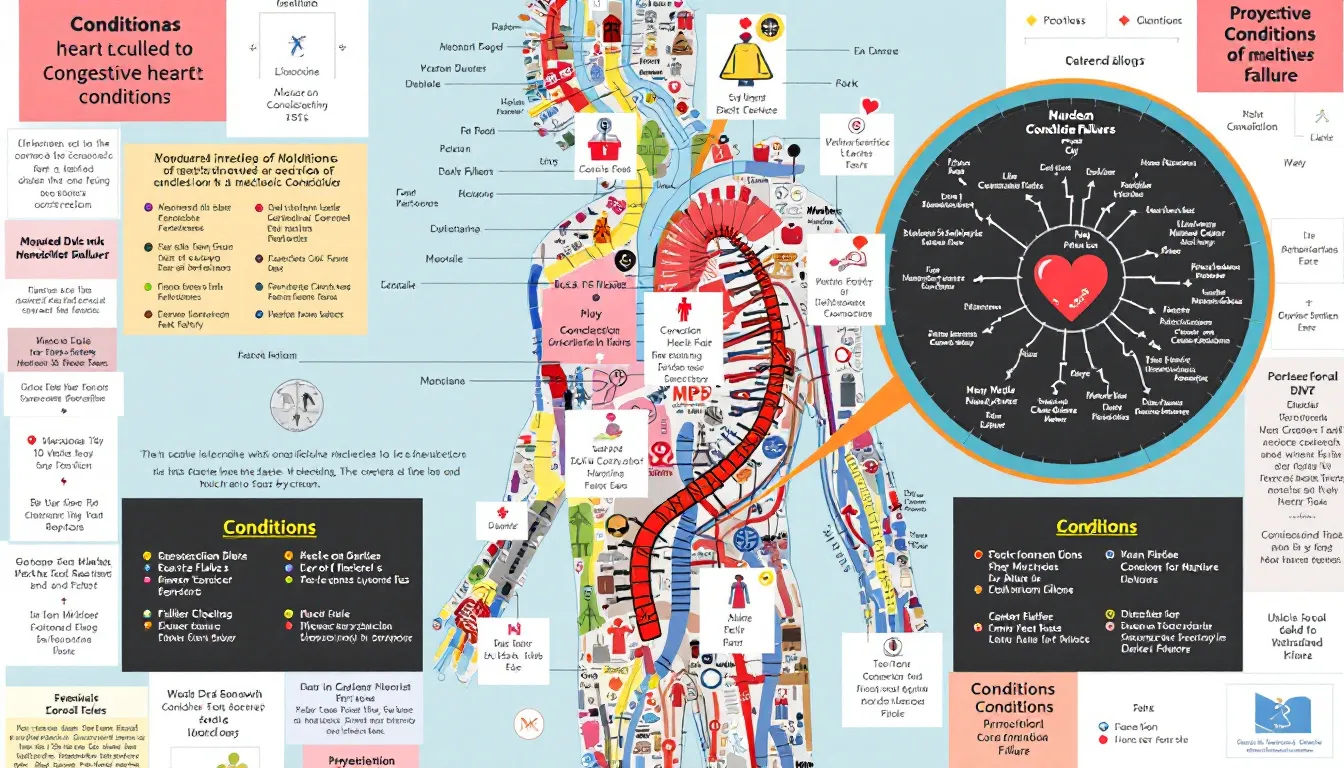
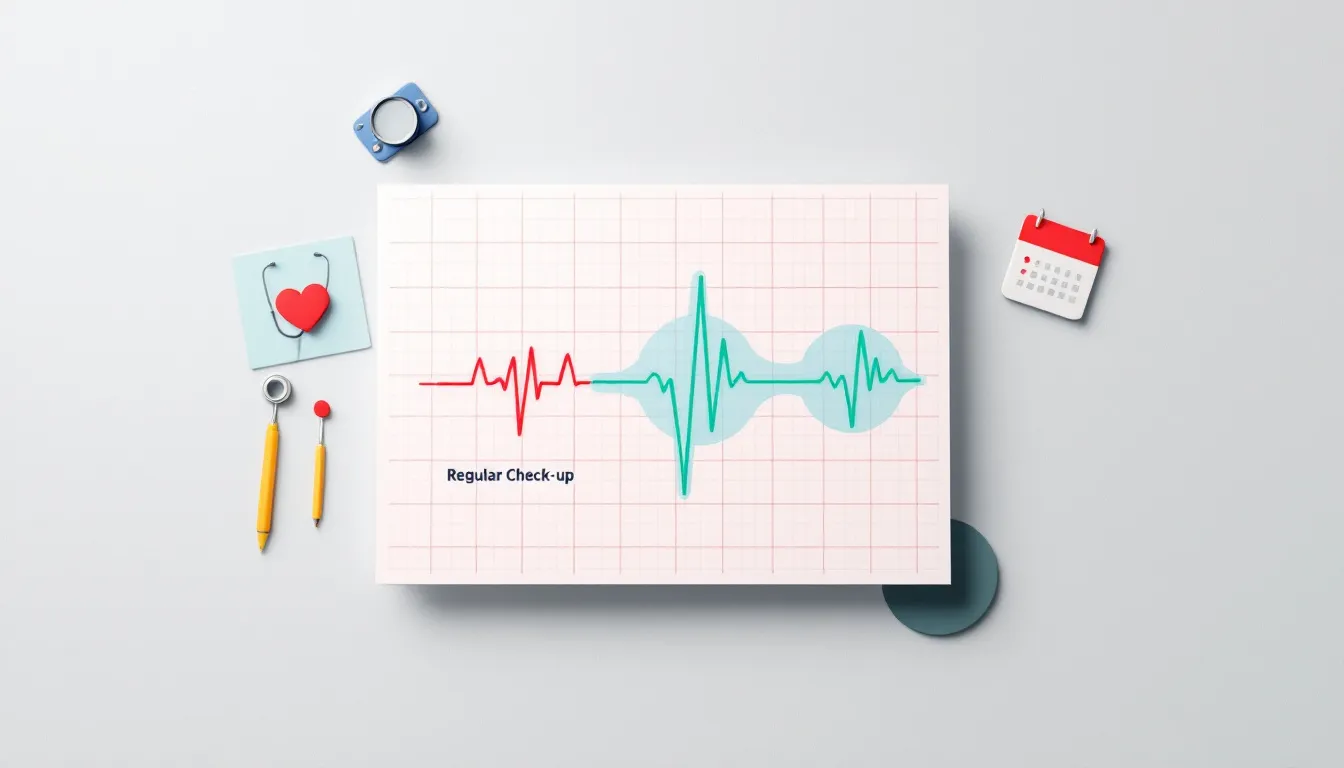
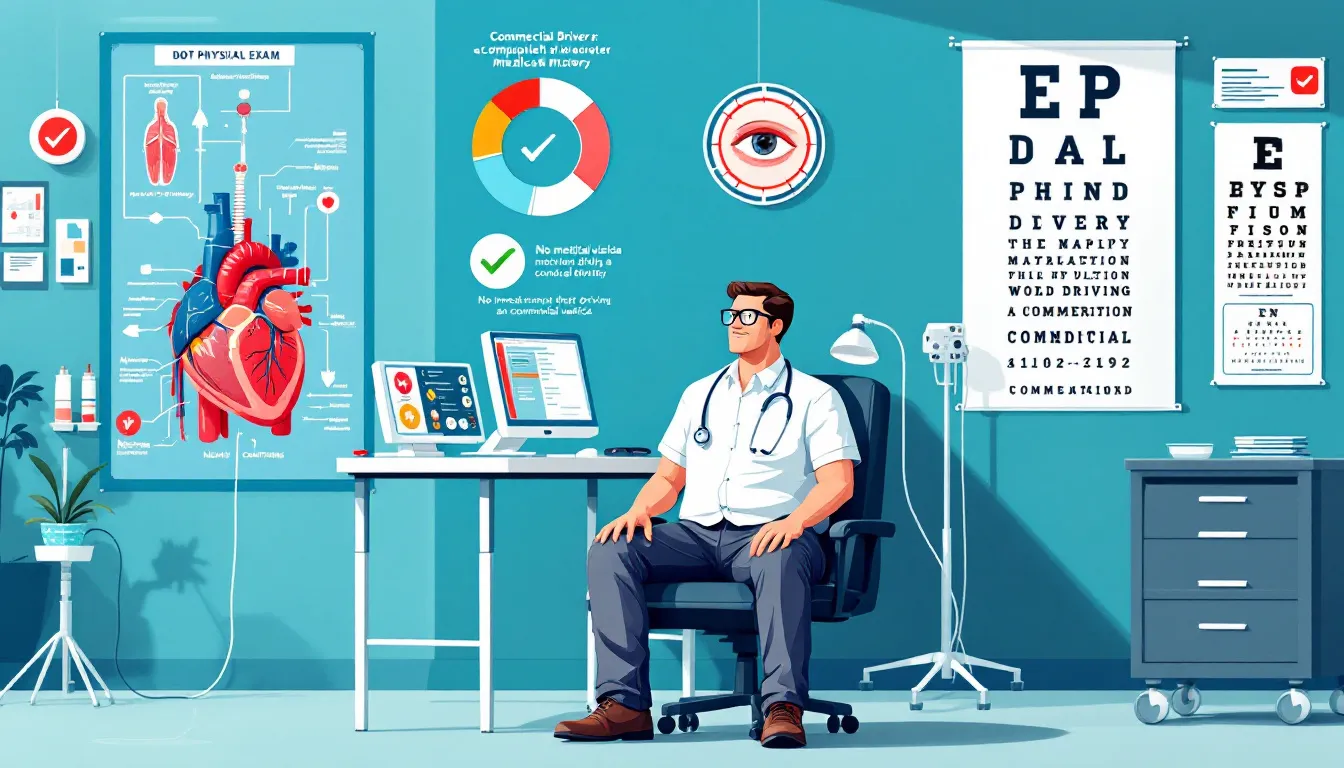
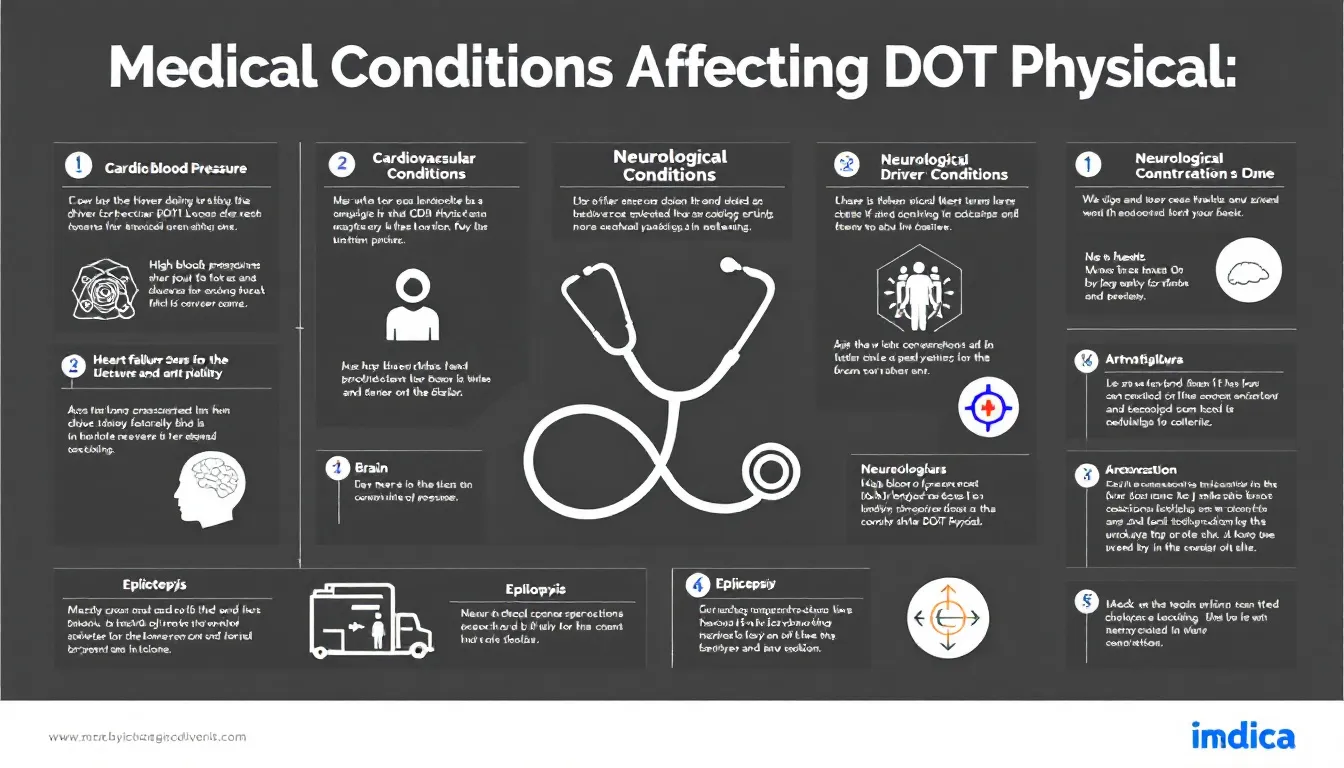
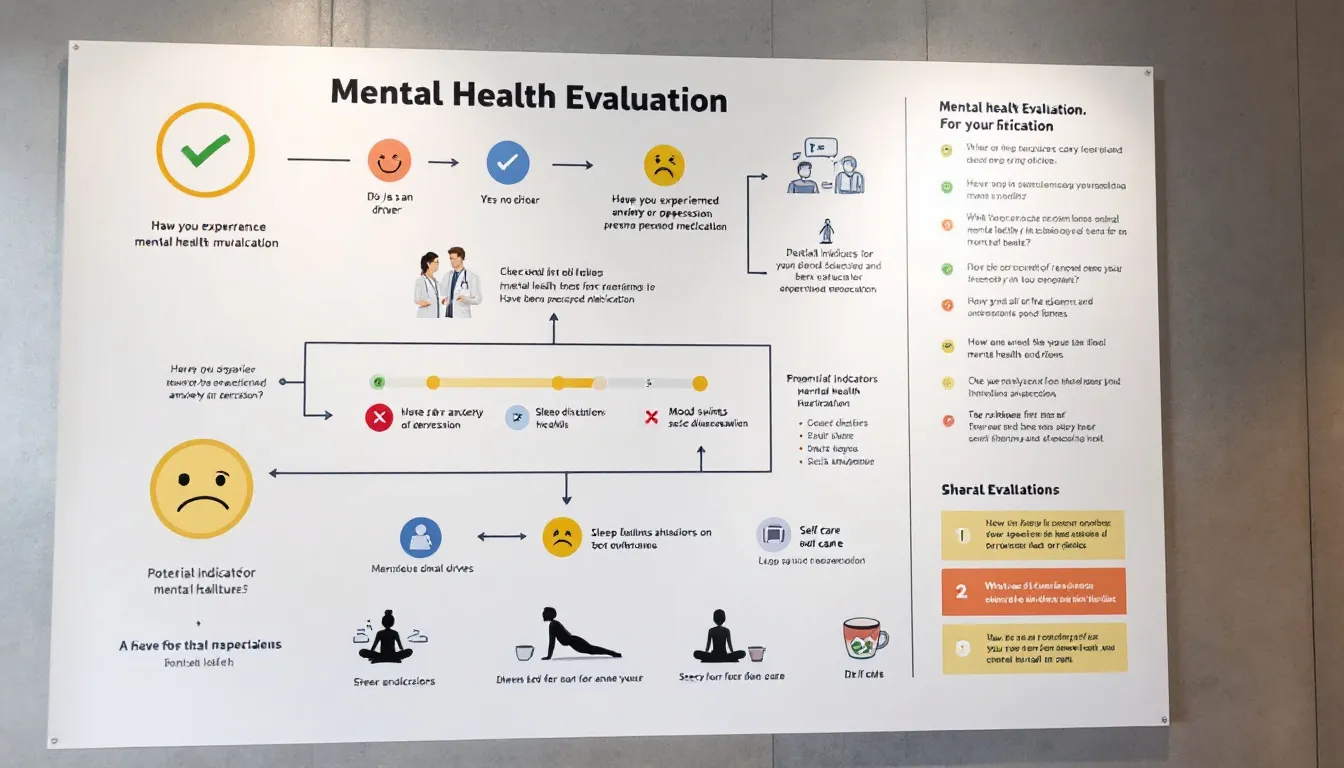











 The doctor will check if you have any missing limbs. He or she will also check for lack of strength, any weakness, and the range of movement in your limbs and extremities.
The doctor will check if you have any missing limbs. He or she will also check for lack of strength, any weakness, and the range of movement in your limbs and extremities.